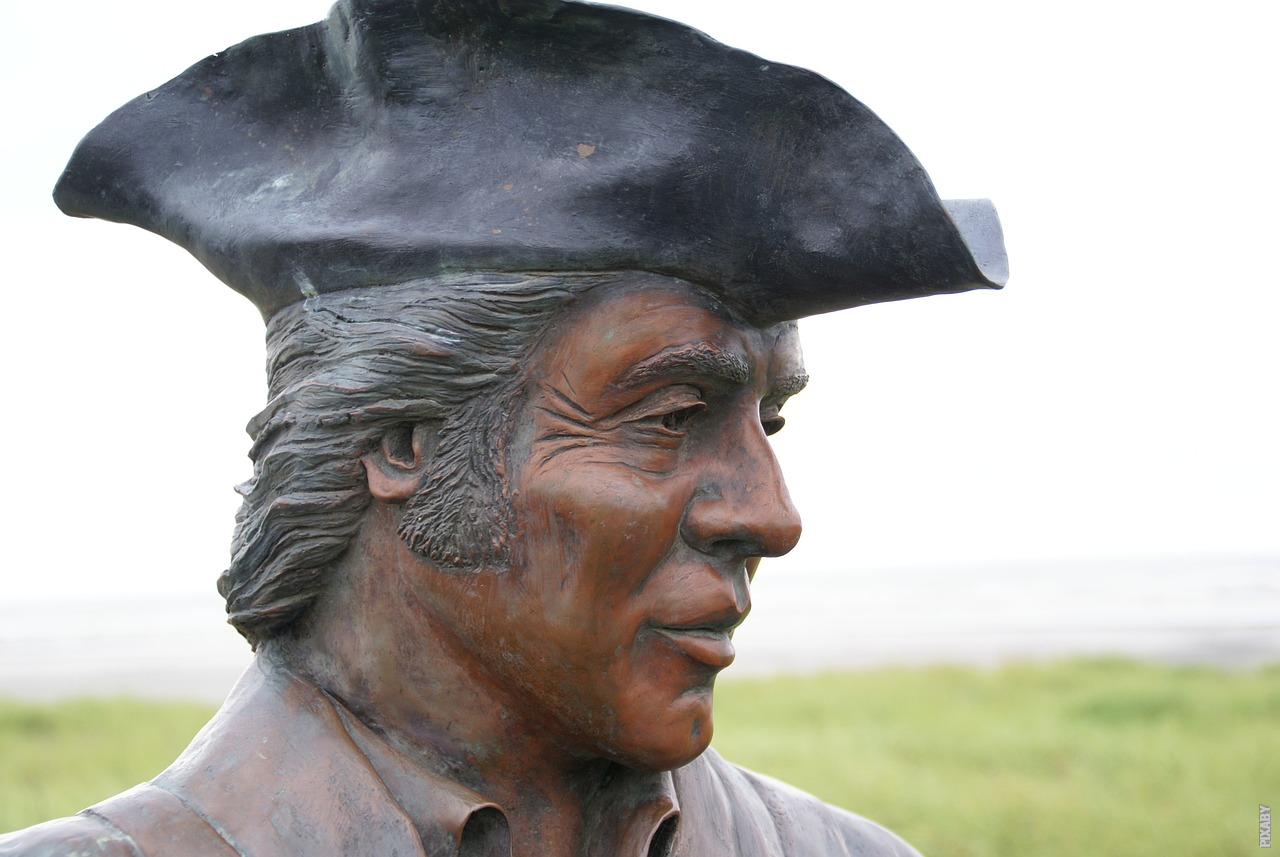The Mystery of Pre-Columbian Exploration
Throughout history, the discovery of America has been attributed to Christopher Columbus. However, recent research and compelling evidence have raised intriguing questions about whether America was actually discovered before Columbus set sail. Let us delve into the fascinating world of pre-Columbian exploration and uncover some astonishing possibilities.
The Norse Connection
One theory suggests that Norse explorers reached North America long before Columbus. Led by the legendary Leif Erikson, Norsemen ventured across the Atlantic and established settlements in present-day Greenland and Newfoundland. The discovery of the L’Anse aux Meadows archaeological site in Canada provides compelling evidence of their presence, shedding light on a lesser-known chapter in America’s early history.
Precursors from the East
Another captivating theory proposes that explorers from Asia, specifically China, may have arrived in America prior to Columbus. Historical accounts and ancient maps have fueled speculation about Chinese expeditions to the Americas, indicating the possibility of early trans-Pacific contact. While the evidence remains inconclusive, the idea of an East Asian influence on pre-Columbian America intrigues scholars and historians alike.
Ancient Seafaring Cultures
Beyond the well-known explorers, there is evidence to suggest that ancient seafaring cultures could have stumbled upon America even earlier. The Polynesians, known for their remarkable navigation skills, traversed vast distances across the Pacific Ocean. Could they have inadvertently reached the shores of America? Similarly, the Phoenicians, renowned for their prowess in maritime trade, may have ventured beyond the Mediterranean Sea and discovered new lands.
Unraveling the Truth
The question of whether America was discovered before Columbus continues to captivate historians, archaeologists, and enthusiasts. While the evidence is largely circumstantial, it challenges the traditional narrative and invites us to reconsider our understanding of history. The notion that America’s discovery was a culmination of various explorations rather than a singular event opens up a world of possibilities and cultural interactions that shaped the Americas.
Post
Post
Implications and Reflections
Exploring the possibility of pre-Columbian discovery enriches our understanding of human achievements and the interconnectedness of ancient civilizations. It reminds us that history is not fixed but constantly evolving as new discoveries come to light. The exploration of America was a complex and multifaceted process involving numerous cultures and explorers, each contributing to the tapestry of America’s rich heritage.
Conclusion
While we may never definitively know if America was discovered before Columbus, the evidence suggesting pre-Columbian exploration is too compelling to ignore. Whether it was the Norse, Chinese, Polynesians, or other seafaring cultures, their potential contributions to America’s early history deserve recognition. The mystery of America’s discovery will continue to fuel curiosity and inspire further research, ensuring that our understanding of the past remains ever-evolving.



